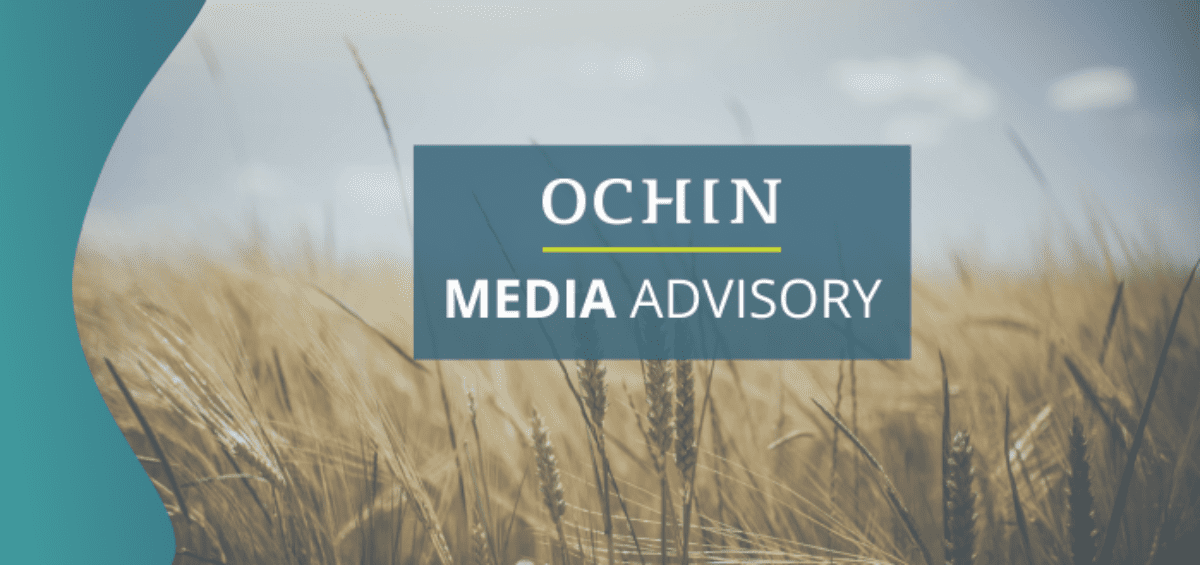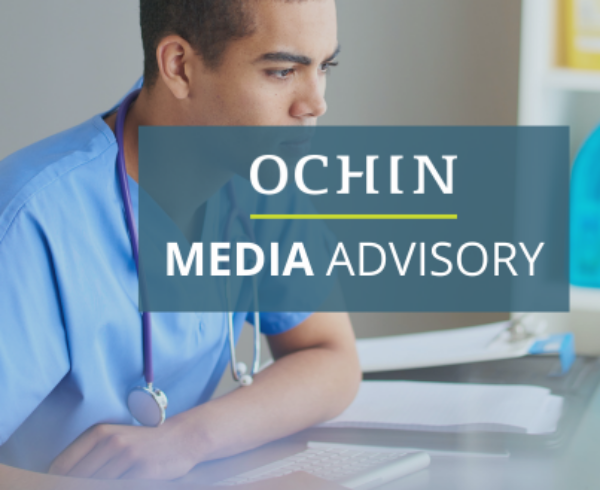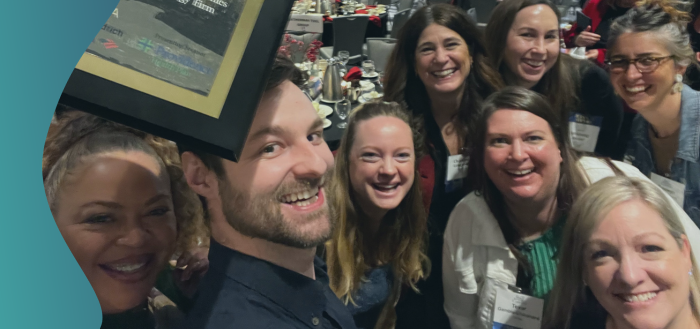January 30, 2024
MEDIA ADVISORY
Contact: Kelsey Butz
Email: butzk@ochin.org
Phone: (518) 256-7540

Federal legislation would support new model for delivering cost-effective, on-demand care access
PORTLAND, Ore. (January 30, 2024) — OCHIN is proud to support the Equal Access to Specialty Care Everywhere (EASE) Act, new congressional legislation designed to address persistent community health care gaps through the creation of a national, virtual specialty care network.
The demonstration proposed by the EASE Act (H.R. 7149) would drive measurable clinical efficiencies for rural and medically underserved communities in alignment with other Center for Medicare and Medicaid Innovation payment models by seamlessly integrating specialty care with electronic health records.
“Everyone should have access to timely specialty care in order to be healthy, but patients in rural communities face unique challenges,” said Jennifer Stoll, chief external affairs officer at OCHIN. “We are grateful to all the legislators championing the bi-partisan EASE Act, including House sponsors Rep. Michelle Steel (R-CA), Rep. Susie Lee (D-NV), and Rep. Andrea Salinas (D-OR) whose leadership will build clinical capacity, improve patient access, and curtail rising health care costs for rural communities.”
“By allowing patients to utilize telehealth when finding specialty care, rural and underserved communities can quickly access quality, low-cost health care,” said Steel. “This commonsense step is critical in reducing costly emergency room visits by allowing patients to address the root cause of health concerns before they grow worse.”
Reflecting national trends post COVID pandemic, a recent OCHIN network analysis found that the average wait time to see a specialist, such as a cardiologist or neurologist, has grown to 58 days and significantly delayed referrals were just 40% likely to be completed. Due to ongoing clinician shortages, an aging population, and systemic barriers that disproportionately impact rural communities (such as lack of transportation or insurance) it’s anticipated that these wait times will continue to increase—ultimately compromising patient health and increasing cost to the system.
The EASE Act would address these challenges by testing a network to provide specialty care through a range of digital modalities, such as eConsults, telehealth, and EHR-based clinical decision support. A similar pilot on a smaller scale at an OCHIN member clinic in Oregon found that dermatology eConsults were effective in reducing follow up time for patients by an average of 45 days with financial benefits to the clinic. Research has also demonstrated the value of eConsults within other specialties.
OCHIN has supported health care innovation for more than 20 years by equipping providers with the tools and technology needed to measurably improve the health and well-being of rural and medically underserved communities. Across various health care settings and modalities, OCHIN currently supports 32,000+ providers at about 2,000 care delivery sites, reaching nearly 6 million patients.
###
About OCHIN
OCHIN is a nonprofit leader in equitable health care innovation and a trusted partner to a growing national provider network. With the largest collection of community health data in the country and more than two decades of practice-based research and solutions expertise, OCHIN provides the clinical insights and tailored technologies needed to expand patient access, grow and connect care teams, and improve the health of rural and medically underserved communities. Learn more at ochin.org.













